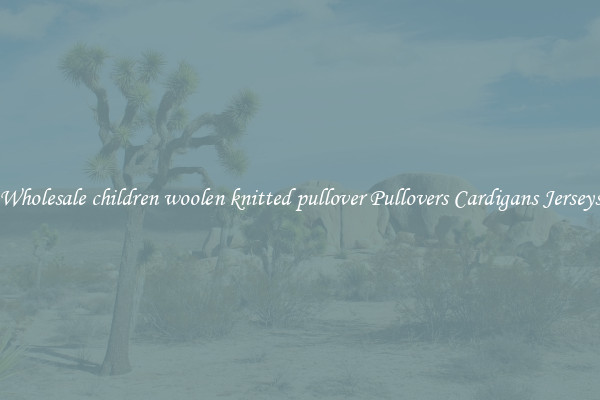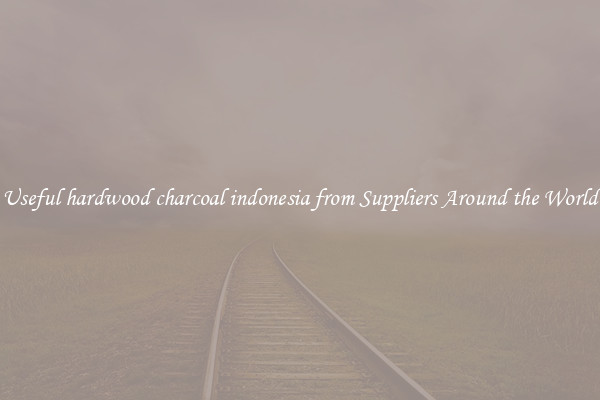Buy anthracite coal in indonesia In Its Activated Or Processed Form
Anthracite coal, also known as hard coal, is a high-quality and rare form of coal that has a significantly higher carbon content compared to other types of coal. It is widely recognized for its clean-burning characteristics, making it a preferred choice in various industries such as steel production, heating systems, and water filtration. In recent years, the demand for anthracite coal, particularly in its activated or processed form, has been steadily increasing in Indonesia.

Indonesia is rich in coal resources, with large deposits scattered across the country. While the majority of coal mined in Indonesia is sub-bituminous or bituminous coal, anthracite coal can also be found in limited quantities. Anthracite coal holds immense potential in contributing to the country's economic growth and providing alternative energy sources.
The activated or processed form of anthracite coal has numerous applications. One of its most significant uses is in water treatment, where it is widely utilized in both industrial and municipal water purification systems. The activated carbon derived from anthracite coal has exceptional adsorption properties that effectively remove impurities, organic compounds, and contaminants from water, making it safer and cleaner for consumption. Additionally, the activated carbon derived from anthracite coal can also be used in air purification systems, removing pollutants and improving air quality.
In the industrial sector, anthracite coal is highly sought-after for its exceptional energy content and low sulfur content. It is widely used in the steel-making process as a reducing agent, helping to purify iron ore and produce high-quality steel. The energy content of anthracite coal allows for more efficient combustion, resulting in increased productivity and reduced carbon emissions.
While the demand for anthracite coal in Indonesia is increasing, the supply remains limited. However, there are local companies specializing in the import and distribution of anthracite coal in its activated or processed form. These companies work closely with international suppliers to ensure a consistent and high-quality supply.
Furthermore, the utilization of anthracite coal in its activated or processed form can contribute to environmental sustainability. The clean-burning characteristics and low sulfur content of anthracite coal significantly reduce air pollution, making it a greener alternative to lower-quality coal sources. By promoting the use of anthracite coal, Indonesia can take significant strides towards a more sustainable future.
In conclusion, the demand for anthracite coal, particularly in its activated or processed form, is steadily growing in Indonesia. With its clean-burning characteristics, high energy content, and various applications in industries such as water treatment and steel production, anthracite coal provides numerous economic and environmental benefits. As the demand continues to rise, the availability and accessibility of anthracite coal in Indonesia need to be further explored and developed to meet the country's energy and industrial requirements.

View details

View details

View details

View details





